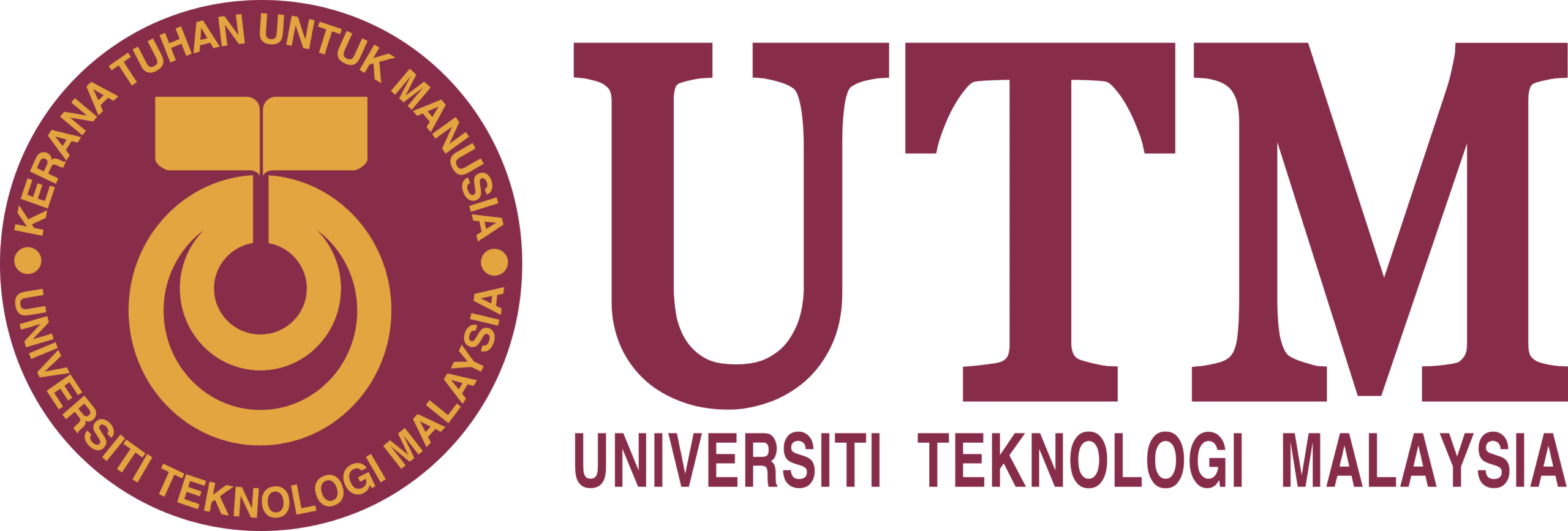
Research on Hydrogen &
Fuel Cell in UTM was started under the MEMBRANE RESEARCH UNIT (MRU), led by Prof. Dr. Hamdani Saidi since 1997
Sept 2009 the 1ˢᵗ journey started with the appointment of the Director, Prof Dr Arshad Ahmad
The merger of two research groups: Process Control and Safety Group merged with Fuel Cell Research Group
June 2013, the research group officially formed as INSTITUTE OF HYDROGEN ECONOMY (IHE)
The IHE was rebranded to Centre of Hydrogen Energy (CHE) with the merging of two other centres : CEES and OTEC to form INSTITUTE OF FUTURE ENERGY (IFE)
Feb 2015, the establishment of Research Institute, INSTITUTE OF FUTURE ENERGY (IFE)

